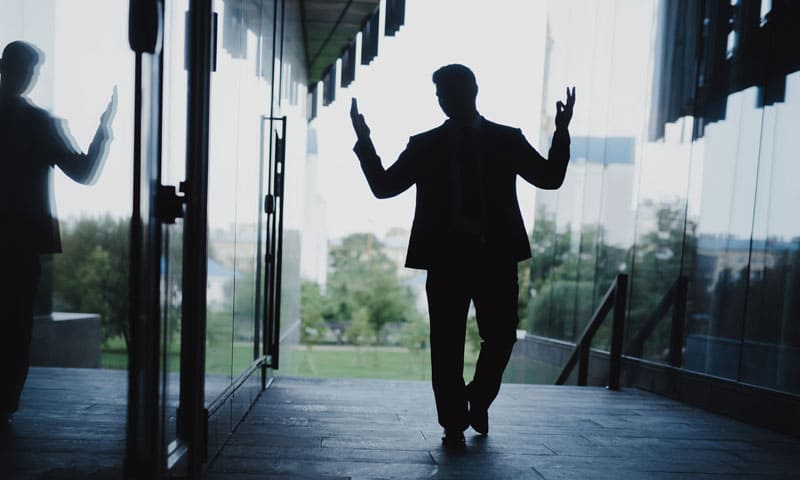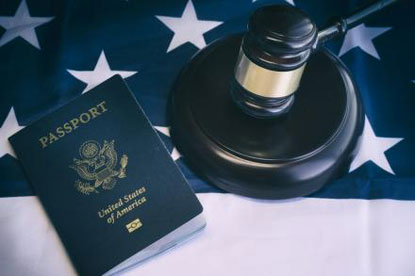Summary: Two legal scholars reflect on what they feel are the worst Supreme Court decisions—and why.
Although the Supreme Court justices are known for their legal brilliance, they are, in fact, human, and sometimes make decisions that leave legal scholars scratching their heads. A LawCrossing article titled “The Worst Supreme Court Decisions Ever: Bad Judgment” explores the analysis of two renowned legal scholars on Supreme Court decisions.
Akhil Amar is a professor of law at Yale, and Edward Lazarus is a former law clerk for Justice Harry Blackmun, as well as the author of Closed Chambers: The Rise, Fall, and Future of the Modern Supreme Court. Both are known for their extensive knowledge of the Supreme Court and its decisions.
Bush v. Gore was a landmark case that many found bothersome. Lazarus notes that there was no intellectual justification for the result, which he says is significant since the decision determined a presidential election. According to Lazarus, many opine that the justices would not have reached the same result if it meant the other candidate would become president. Amar chimes in and states that the Court announced that it would not even follow its own precepts in the future.
Click here to read about the recent Supreme Court rejection of gay marriage case appeals.
Amar then analyzes the different forms of activism that can erupt from the Supreme Court. One is exerting too much power over a democratically accountable body, as Amar says the court did in Bush v. Gore because it took the election away from Florida courts and legislature, as well as Congress. Second, there is the issue of following the Constitution. Amar notes that the Constitution delineates that when there is a presidential election with possible irregularities, Congress should be the judge, not the Supreme Court. Finally, a third form of activism involves precedent. According to Amar, the decision in Bush v. Gore was not even close to previous Supreme Court decisions.
The Supreme Court may hear cases about voting rights laws.
Lazarus argues that there are times when Congress oversteps and needs to be checked by the courts, but Amar responds with an analysis of the Rehnquist Court and the Warren Court. According to Amar, the Warren court almost never overruled acts of Congress, especially civil rights laws, which the Rehnquist court does frequently.
Lazarus then notes that the Roe v. Wade decision should be in the list of the worst cases, because it was not based in the Constitution, it struck down state statutes, and created new law. Amar adds that a better decision would have been a narrow one that held Texas had anti-abortion laws that severely restricted women’s bodies and their liberty. Since the laws were passed in the nineteenth century, before women could vote, the laws should have been set aside and created by the legislature if the people so desired. Lazarus explains that both the Bush v. Gore and the Roe v. Wade decisions leap into a new area of law.
Read about the Supreme Court’s decision in the Hobby Lobby case.
Next, the two examine the Dred Scott case, which declared blacks were nonpersons. According to Amar, one of the reasons the case made the list was because of its language, calling blacks “inferior.” Similarly, Bowers v. Hardwick, a 1986 case about anti-sodomy laws, called homosexuality a “crime against nature.”
In addition, the scholars note that meekness is another problem in Supreme Court decisions, such as how the Sedition Act, which criminalized criticizing the federal government, was upheld over and over.
To read more about the analysis of the worst Supreme Court decisions, be sure to read the article from LawCrossing, “The Worst Supreme Court Decisions Ever: Bad Judgment.”
Photo credit: commons.wikimedia.org







































